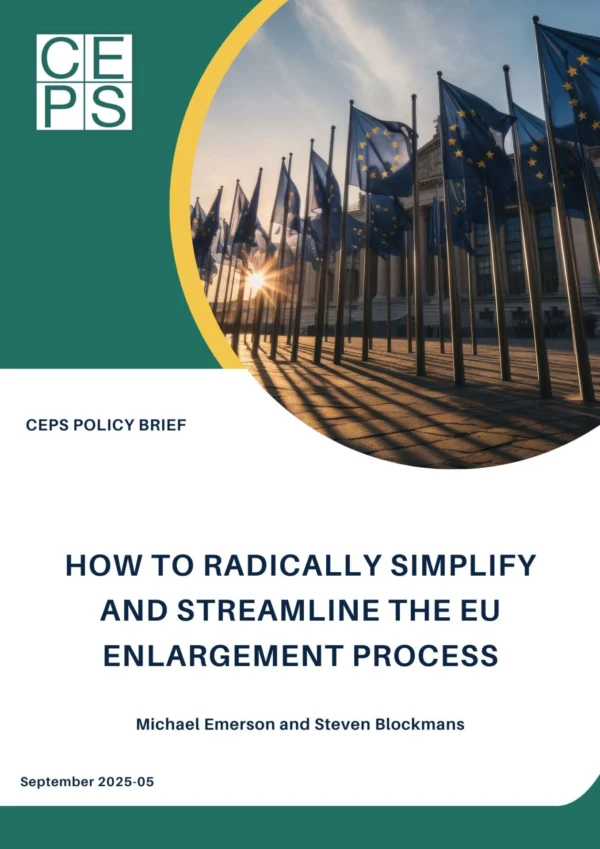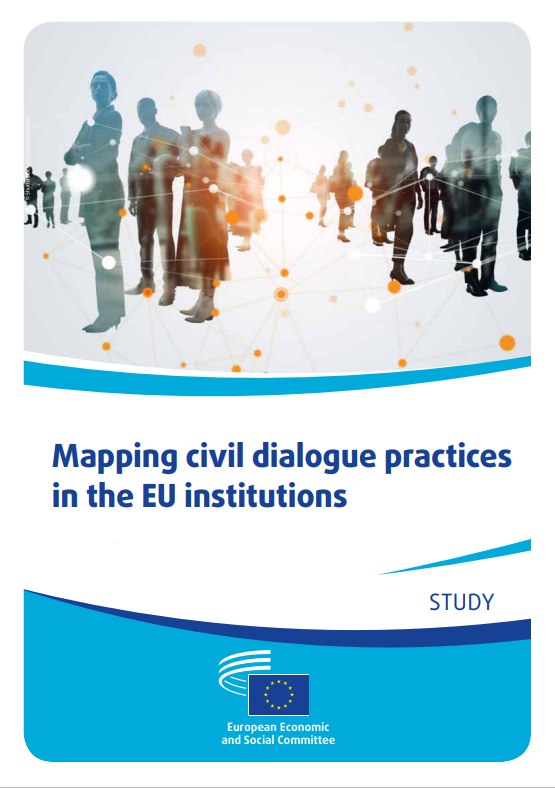The codecision procedure has grown in importance and scope since its inception in 1992. At first characterised by inter-institutional mistrust, the codecision procedure today is used to settle quick political agreements informally between the Parliament and the Council. This new negotiation culture means closer cooperation between the Parliament and the Council, but presents serious challenges for the Commission.
This paper argues that the Commission’s problems are due to its internal organisation being split in two – there is: 1) a highly political ‘top’ level including the Commissioners, their cabinets and the Secretariat General, and 2) a less political ‘bottom’ level with more technically-minded civil servants. The Commission therefore needs to think and act more politically to avoid being marginalised within the codecision procedure.









